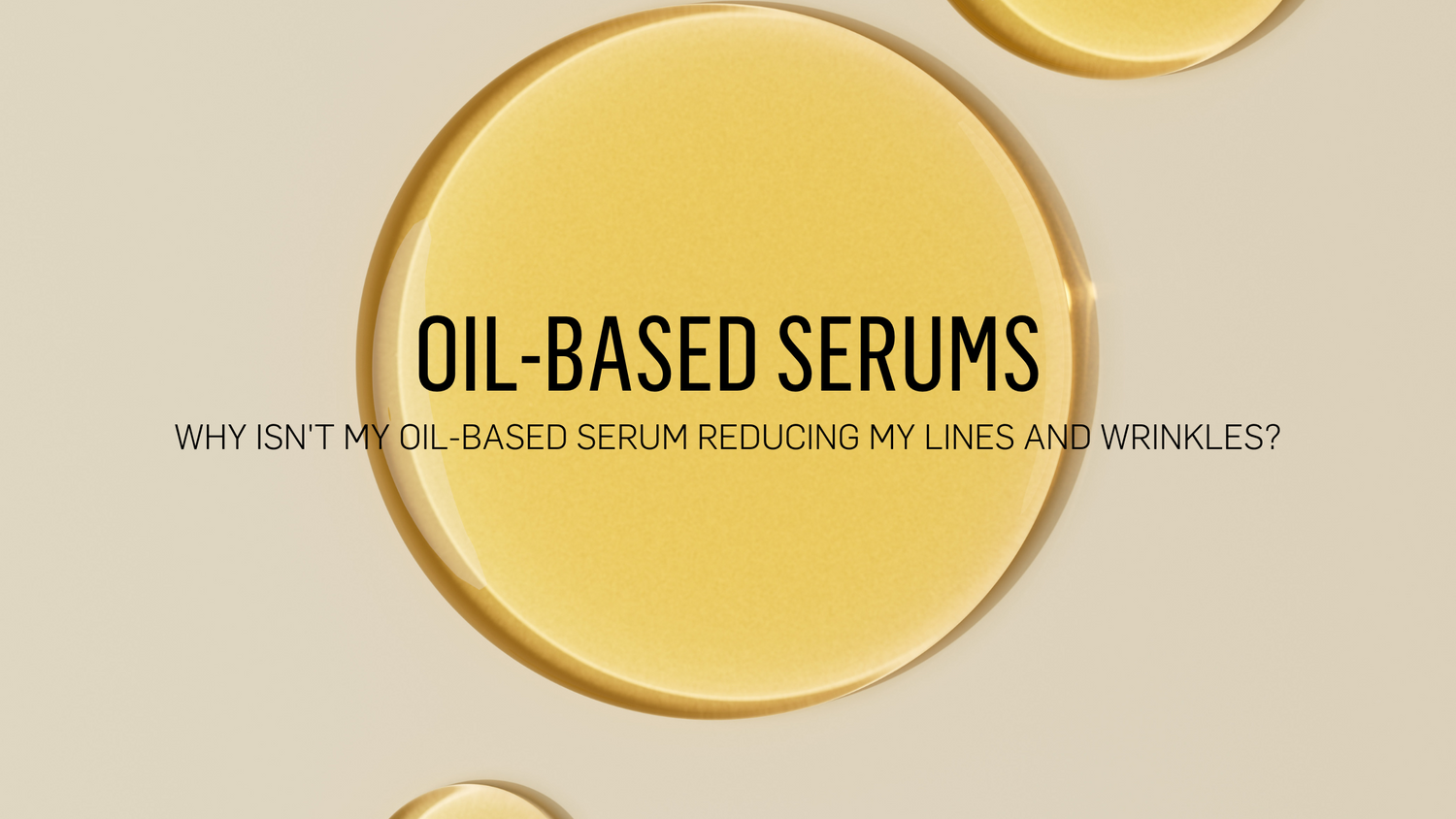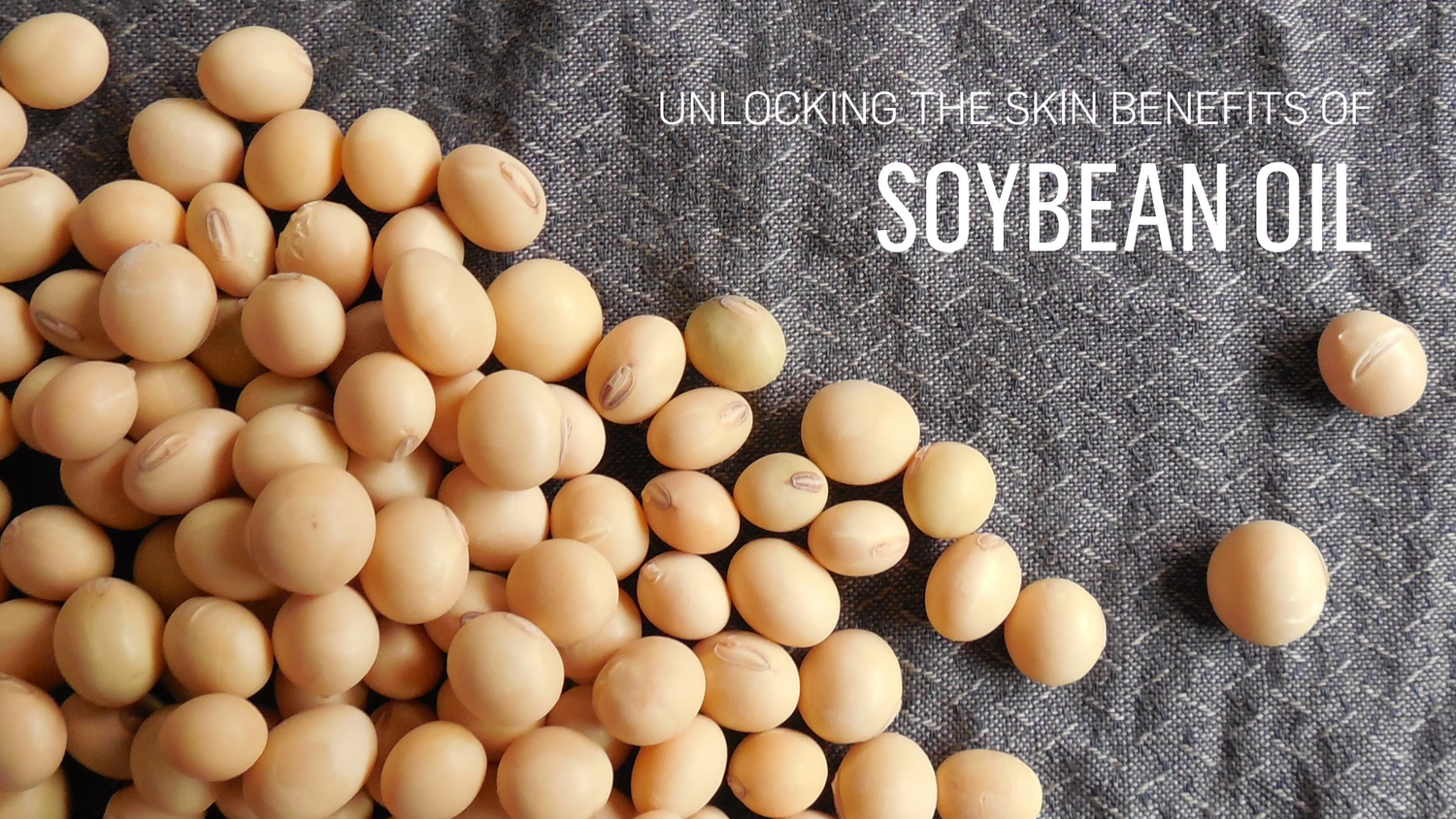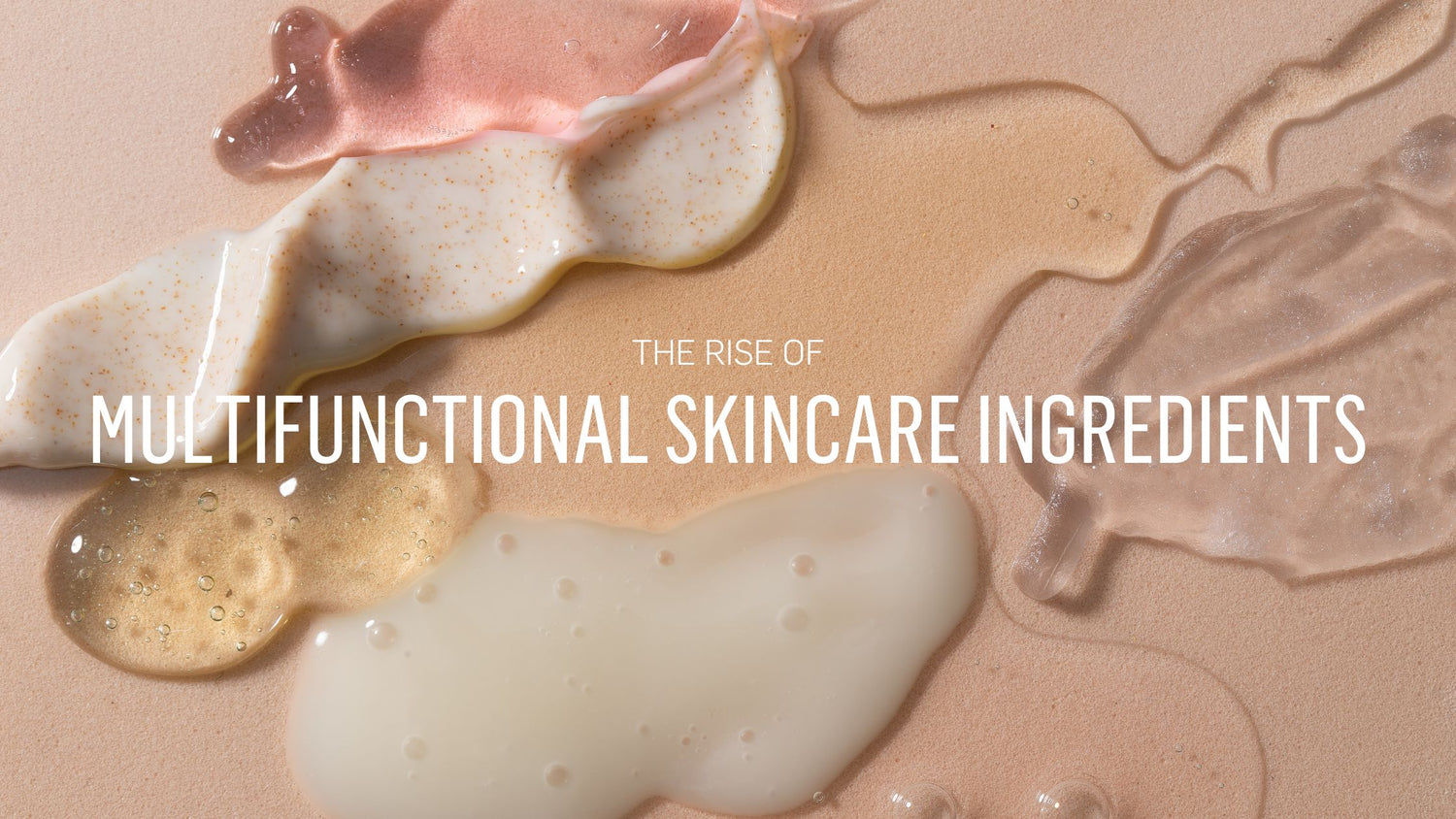Did you know exposure to sun/UV light is the top cause of premature aging and responsible for 90% of visible changes to your skin?
No wonder we all seek out anti-aging skincare to prevent and reverse the signs of aging. However, in my experience many people lack the knowledge on proper use of these ingredients, specially during day time.
Whether you are getting ready for Summer or Winter months, it is important to be mindful about sun exposure while using anti-aging ingredients like Vitamin C and Retinol.
Vitamin C:
Vitamin C is a powerful antioxidant with a varying anti aging benefits such as improving the skin brightness, lines & wrinkles, texture, and tone. It is also known to protect the skin from the damaging effects of the sun's UV rays. While vitamin C can help to prevent and repair sun damage, it doesn't replace the need for sun protection.
In fact, a study published in the Journal of the American Academy of Dermatology found that using a topical vitamin C serum in combination with sunscreen provided greater protection against UV-induced erythema (redness) than using sunscreen alone.
Retinol:
Retinol is a type of vitamin A that is known to improve signs of aging such as lines & wrinkles, skin tone, and brightness. When using retinol, it's important to be cautious about sun exposure. Retinol can make the skin more sensitive to the sun, increasing the risk of sunburn and further damage. That’s one of the reasons why it is widely recommended to use retinol at night.

Yet another reasons why I personally prefer Vitamin C over Retinol to combat signs of aging and why I formulated Kalaia's Keep Smooth - Day & Night Serum with one of the most stable forms of Vitamin C available in the skincare industry.
Bottom line, regardless of your preferred skincare ingredients and regardless of the time of the year, it's important to wear a broad-spectrum sunscreen with an SPF of at least 30, as well as protective clothing and sunglasses, to reduce the risk of sun damage.









